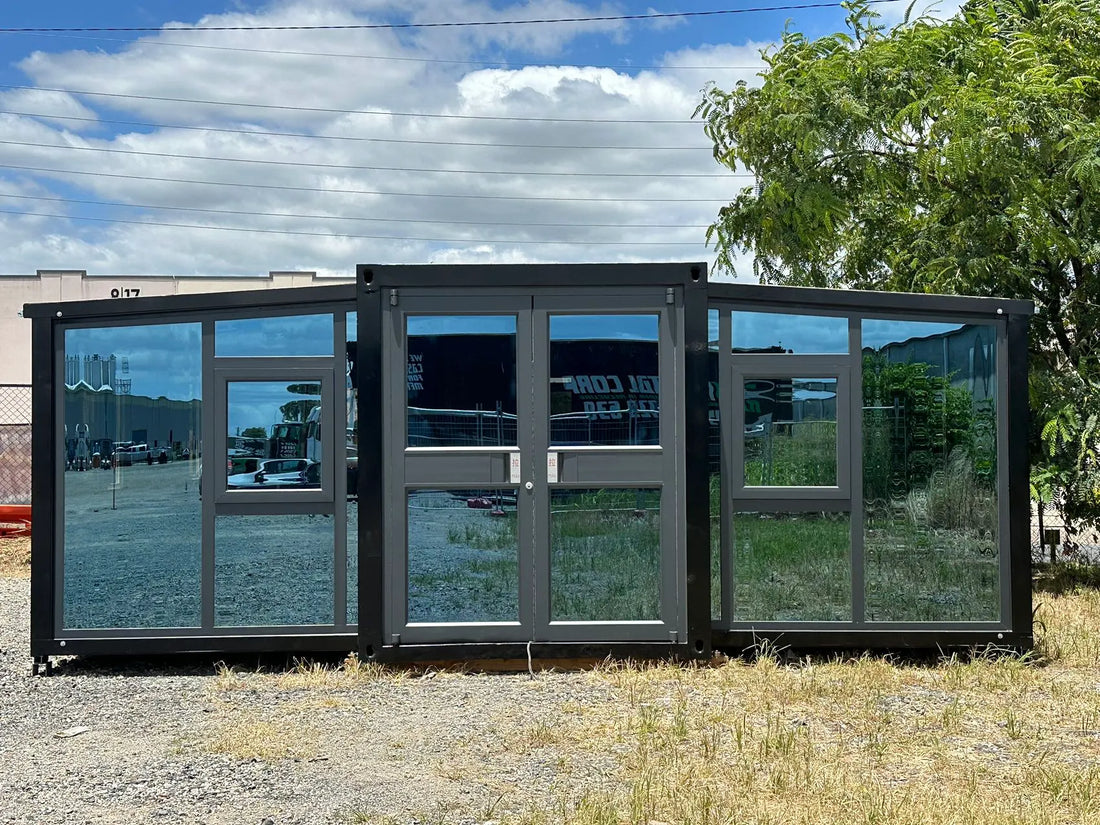
Tiny House: Are They Council Approved?
Share
If you're considering investing in a tiny house as your next home, you’re probably wondering if councils across Australia will allow you to build one. The popularity of tiny houses has soared in recent years, with many people seeking a more minimalist lifestyle, reduced living costs, and a sustainable way of life. However, before diving into your dream of a tiny house, it’s crucial to understand whether councils will approve your tiny house project.
What is a Tiny House?
A tiny house typically refers to a small, portable or fixed structure designed for residential use. These homes generally range from 10 to 40 square meters, offering an alternative to traditional housing. Tiny houses are often built on trailers for mobility or as fixed structures on blocks of land. They provide a sustainable, affordable living solution while allowing individuals to reduce their environmental footprint.

Are Tiny Houses Approved by Local Councils in Australia?
The approval of a tiny house by local councils largely depends on local zoning laws, land use policies, and whether the tiny house meets the required building codes. In general, councils are often hesitant to approve tiny houses for full-time, permanent residency due to their size and the potential strain they could place on infrastructure and utilities.
However, many councils are becoming more open to the idea of tiny houses due to their growing popularity. Some councils have introduced specific guidelines or frameworks that allow for the development of tiny house communities, temporary dwellings, or granny flats. In some areas, if the tiny house is built on a trailer and complies with transport regulations, it might be considered a movable structure, which may simplify approval processes.
What Do You Need to Know About Council Approval?
Before building or purchasing a tiny house, it’s essential to check the local council regulations and requirements. Here are some factors to consider:
a) Zoning Regulations: Ensure your tiny house is allowed in the zone where you plan to live. Some areas may have strict zoning laws that restrict the type of structure you can build.
b) Building Codes: Your tiny house must meet local building codes for safety, structural integrity, and health regulations. These codes may differ from one region to another.
c) Permits and Approvals: Most councils require permits for any construction, including tiny houses. This includes approval for utilities, waste management, and environmental impact assessments.
d) Land Use and Ownership: If you're planning to park a tiny house on rented or borrowed land, ensure the landowner or landlord approves the arrangement. Some councils may not approve tiny houses on land without the appropriate land use permits.
While the approval of a tiny house depends on your location, the growing acceptance of tiny homes across Australia is promising. With the right research and compliance with local regulations, it is possible to build or park a tiny house in many areas. Always consult with your local council before starting any project to ensure that your tiny house meets all necessary legal requirements.
Are you ready to take the leap into tiny living? Contact us today to explore the possibilities and find the perfect tiny house that suits your lifestyle!